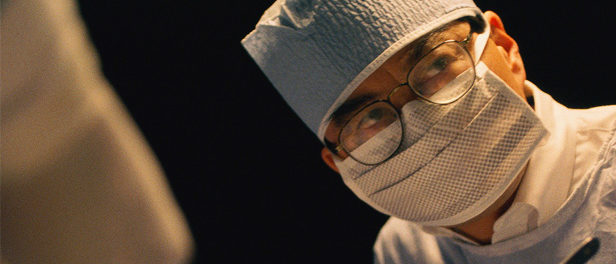Delaware Chapter of the American College of CardiologyOur purpose is to contribute to the prevention of cardiovascular diseases, to ensure optimal quality of care for individuals with such diseases, and to foster the highest professional ethical standards. Please let us know what information you want to see here. Feel free to contact us with your ideas, needs and comments. |
|
ACC Live Courses For a listing of all ACC Live Courses please visit: https://www.acc.org/education-and-meetings/meetings |
 Latest in Cardiology from ACC.org
Latest in Cardiology from ACC.org
- Extended DAPT in Multivessel CAD: Less Ischemia Without a Major Bleeding PenaltyThe DAPT-MVD (Dual Antiplatelet Therapy in Patients With Coronary Multi-Vessel Disease) trial was a multicenter, randomized, open-label study in China designed to assess whether extending dual antiplatelet therapy (DAPT) beyond 12 months provides additional benefit for patients with multivessel coronary artery disease (CAD)...
- Does Short-Term Air Pollution Exposure Increase Mortality Risk in Individuals With HTN?Short-term air pollution acts as an acute stressor in individuals with hypertension and amplifies mortality risk based on existing conditions, according to a nationwide study of 2.1 million hypertension-related deaths in China published Feb. 25 in JACC.
- Eagle’s Eye View: Can Moderate Wine Intake Reduce CV Risk?In this week’s View, Dr. Eagle looks at increased one-year mortality in younger patients undergoing transcatheter aortic valve replacement (TAVR).
- ACCEL Lite: The Power of Nutrition: GOFRESH TrialIn this interview, Cindy L. Grines MD, FACC and Stephen Juraschek, MD, PhD discuss how findings from the GOFRESH trial may be used to improve hypertension management and overall patient care.
- Urgent AFib Ablation Associated With Greater Risk of In-Hospital Complications | NCDR StudyThe rate of urgent atrial fibrillation (AFib) ablation has increased over time, and patients undergoing urgent vs. elective AFib ablation are more likely to have comorbidities like diabetes, coronary artery disease (CAD) and heart failure (HF) and have in-hospital complications...



